As we all know, it has been nearly a decade since South Australia banned disposable plastic shopping bags, so last year, when the plastic ban in several major cities on the east coast was making a huge noise, the people of South Australia said: our supermarkets have not had free plastic bags for nine years. As far as you east, the people of the city are affectionate.
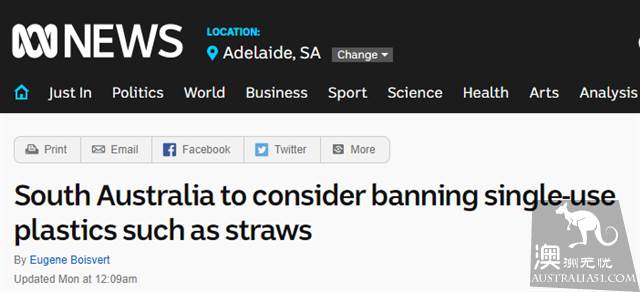
Environmental Protection Pioneer belongs to South Australia
South Australia is definitely one of the pioneers of environmental protection in Australia, as early as 1977 introduced a plastic ban and container recycling program, is the earliest in Australia! Now South Australia government is considering further expansion of the plastic ban, a total ban on all disposable plastic products!
Including disposable straws
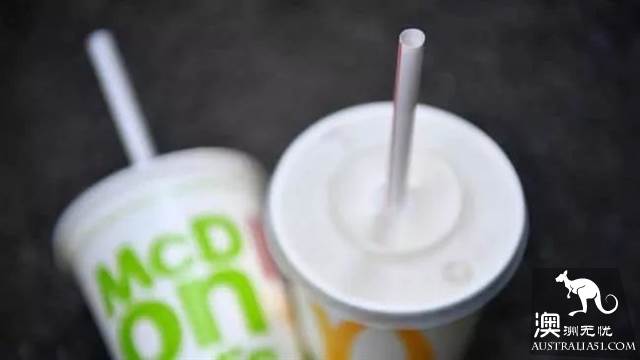
Disposable plastic lunch box

Disposable knife and fork cutlery
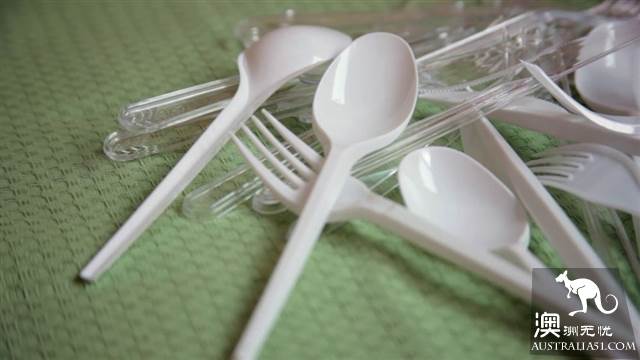
Disposable water cup, etc.
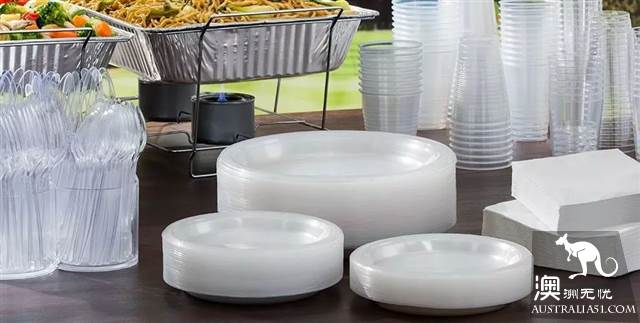
All prohibited!
According to reports, the Environmental minister David Speirs recently released two essay requests for advice from the South Australian people on banning disposable plastics and expanding the scope of recycling (container deposit scheme), in an effort to reduce the environmental impact of waste and increase recovery rates. And reduce dependence on oil.
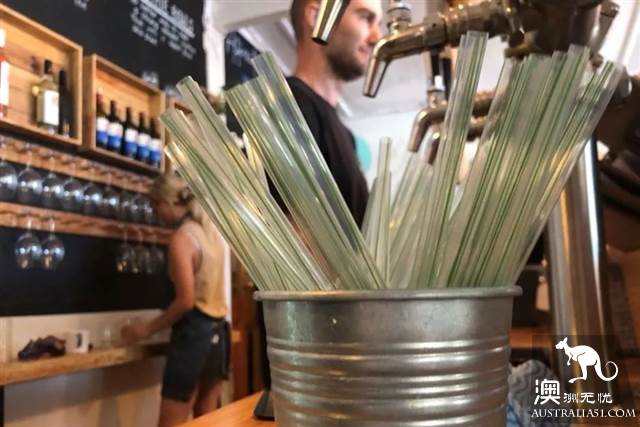
The document suggested that South Australia could adopt the same ban on disposable plastic products as light plastic bags were banned in 2009. "similar legislation can be developed to provide a flexible long-term framework," the article said. "different bans can be imposed on different disposable plastics based on different time frames and impact assessments." In addition, South Australia's current 10cent beverage bottle recycling program only targets carbonated beverage bottles, beer bottles, easy-to-pull cans and a few paper-packed beverage boxes.
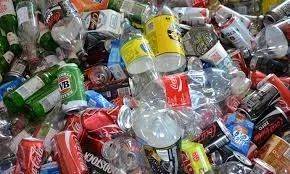
The document says, "whether we can also consider a 10-cent recycling plan for bottles such as wine bottles and milk bottles."
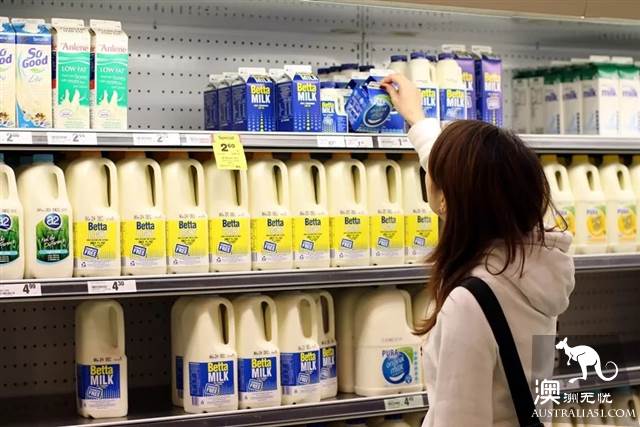
"I hope our discussion will focus on plastic-lined coffee cups, straws, and some plastic bags," Speirs said. "and as far as our container recycling program is concerned, we can see what people think about the addition of red wine bottles."
"I think we should have serious discussions with consumers and the industry on these issues, and I look forward to hearing what the people of South Australia think about it."
Environmental groups support the proposal
Craig Wilkins, chief executive of the South Australia Protection Commission, said he welcomed the proposal!
Every year, he said, the amount of waste people throw away is increasing. "every time we throw part of our garbage into landfills or eventually into the ocean, we're wasting our chances of recycling and recycling, reducing our impact on the planet," he said.
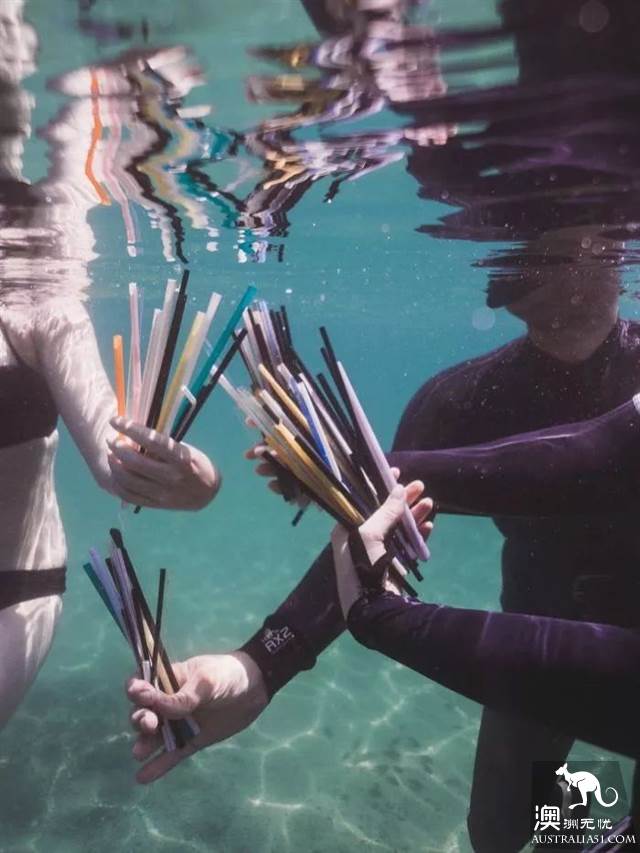
In recent years, marine organisms have been frequently injured and even lost their lives because of human plastic waste.
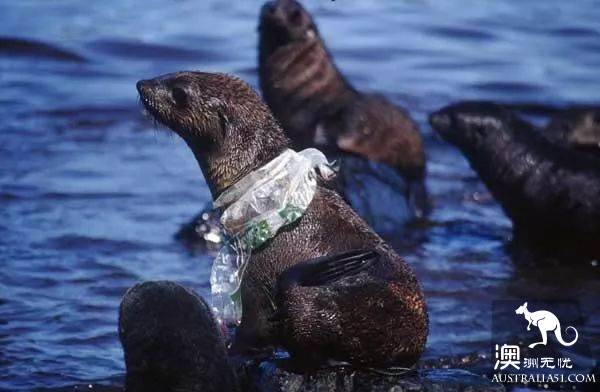
Adelaide City Council voted in July last year to ban the use of disposable plastic straws in city council events and events in Adelaide Park. The city council has also implemented a funding plan to encourage coffee shop owners to use decomposable takeout coffee cups, and a coffee shop in Adelaide has consciously banned disposable straws for a year.
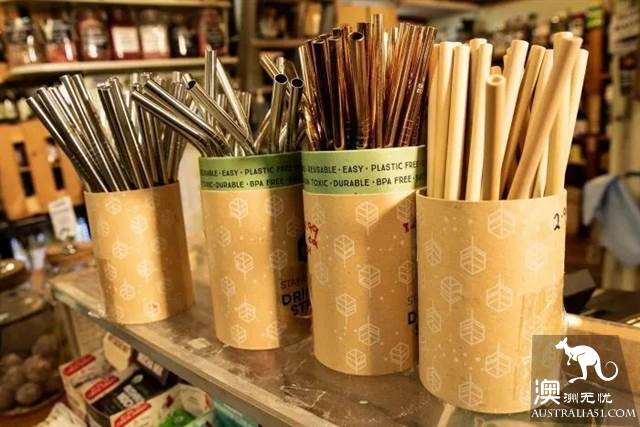
They use metal straws or natural straw. Business does not matter much. But overall, the overall Adelaide range is currently limited. International brands such as Coca-Cola and Starbucks have also offered to join the ban on plastic straws.
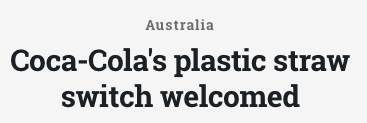

The ban requires a transitional period.
The director of the Food and Beverage Association said any ban on disposable plastics would require a transitional period, but she said many companies had taken note of consumer demand for more sustainable products and responded quickly.
"when the 2009 ban first came out, people thought the sky would fall, but it didn't," she said. "so, I think the public will adapt to these changes more quickly."

Government will not help with Enterprise transition
Speirs said that government would not provide any help in making this shift to businesses. "government will not provide any specific help in the process of implementing this ban," but we have an organization called Green Industries SA. It will provide companies with support and advice on how to adopt better waste management strategies. "
Special crowd expresses concern
People with disabilities protection groups say plastic straws are safer and more convenient than other alternatives.
Plastic straws are almost necessary for some people with disabilities. "in addition to issuing a ban, authorities should be more concerned about how to deal with plastic products such as disposable straws," he said. According to one disabled person, according to .Green Industries SA,
South Australians use two hundred and fifty four million nine hundred and ninety nine thousand nine hundred and ninety nine straw and 210 million disposable coffee cups a year.
The ban will not include any medical supplies, sanitary supplies, or fishing gear.
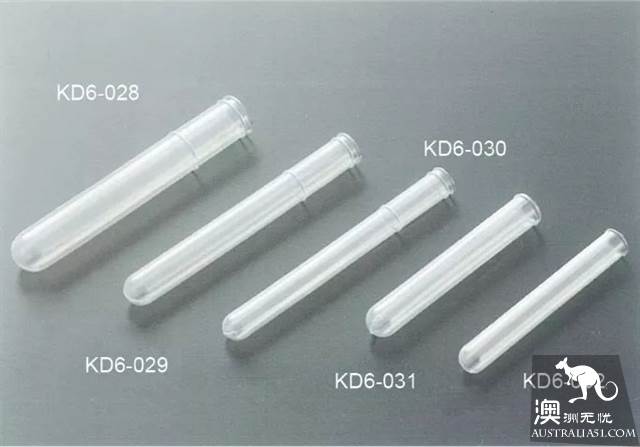
Discussion under way
Comments on both documents will be closed on February 22.
THE END
Environmental protection is a good thing, of course, support, but plastic products are not the devil of evil, a simple rough ban is a cure. As can be seen from a series of reactions after China announced last year that it would no longer acquire recyclable waste from Australia,
Australia, which has always been touted as environmentally friendly, lags behind in garbage sorting and recycling.


Over the years, Australia has kept its land clean by selling rubbish to others, and this environmental concept is so shallow or even hypocritical!
Australia should really think about how to deal with garbage scientifically.
Or, more importantly, think about how to educate Australians to do more scientific garbage sorting!
As long as the classification is done well, the rate of recovery will be high, and everyone will do a good job of classifying themselves, and will undoubtedly reduce the fiscal expenditure of government.
Garbage sorting and recycling mania Japan is also through generation after generation of education, only to achieve an efficient recovery rate of waste.
Some areas can even achieve recovery rates of more than 80%! TW can also achieve a recovery of more than 50%.

This is the future of environmental protection. Disposable plastic products are banned, replacement costs are high is certain, then prices will follow the rise?
Think of the future takeout, and pearl milk tea, suddenly feel meat pain.